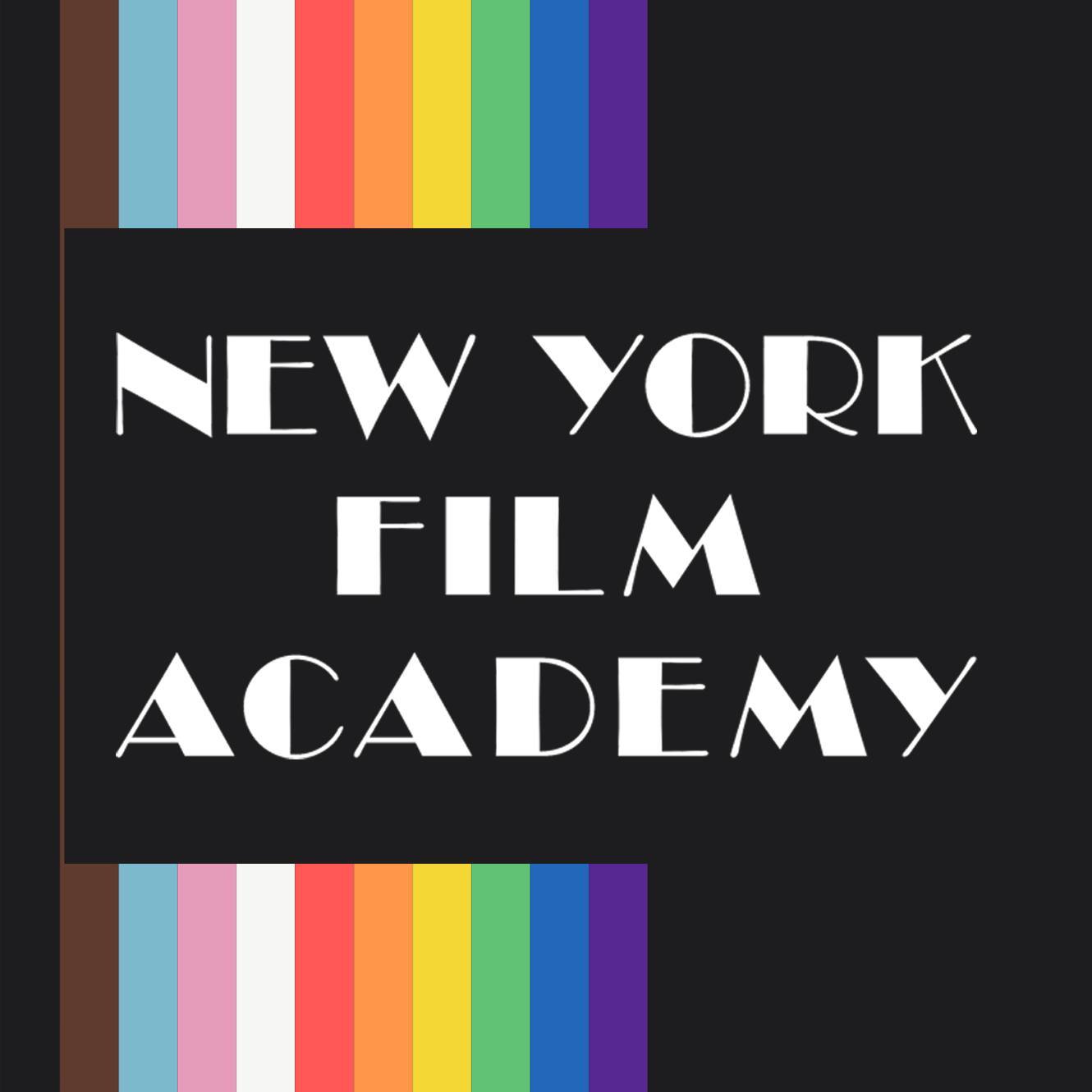Students in the VR game design workshop will create a single-level, playable VR "game" demo, using the HTC Vive headset and Unity 3D. Utilizing the principles of game design, students design VR experiences that aim to give the player a sense of agency.

Futurists, technologists and creatives around the world are investing billions into the rapid development of technologies that put audiences at the center of immersive, interactive worlds — worlds we've only imagined in sci-fi fantasies, like the holo-deck of "Star Trek" and the virtual dystopia of "The Matrix" trilogy … worlds truly deserving of the name virtual reality.
Experts are now suggesting that this future — one where we navigate the web like a real life city, or play the main character in a movie like our own version of “The Game” — is only 5-10 years away, with market estimates in the tens of billions for virtual, augmented, and mixed reality content alone.
Alternative realities (VR, AR, and MR) are revolutionizing the scope of storytelling in the digital age. With the capacity to take the audience into a given story world and have them physically engage with that fictional reality, the gap between imagination and experience grows ever thinner.
In NYFA’s VR Game Design Workshop, students practice with the tools used to create interactive virtual experiences — ultimately designing their own interactive VR environment. They will come away with the practical skills to develop prototype-level VR games/experiences in the Unity game engine.
Students in the VR game design workshop will create a single-level, playable VR "game" demo, using the HTC Vive headset and Unity 3D. Utilizing the principles of game design, students design VR experiences that aim to give the player a sense of agency.
This can be approached from an authorial, film-like narrative vision, or as a reward-driven game mechanic that incentivizes players to reach a predetermined objective.
In either case, students are encouraged to put themselves inside the virtual world from the player’s (or audience’s) point of view, and use the foundational design principles of virtual reality to enhance the sense of immersion and willing suspension of disbelief — often referred to as "presence” by VR designer.
The New York Film Academy was founded by veteran producer Jerry Sherlock in 1992, who produced such classics as "The Hunt for the Red October". Encouraged by friends of his who wanted to send their children to film school.
But found the prices too costly, Sherlock designed a school that was not only affordable, but more importantly, was founded on the principle of learning by doing.
© 2025 coursetakers.com All Rights Reserved. Terms and Conditions of use | Privacy Policy